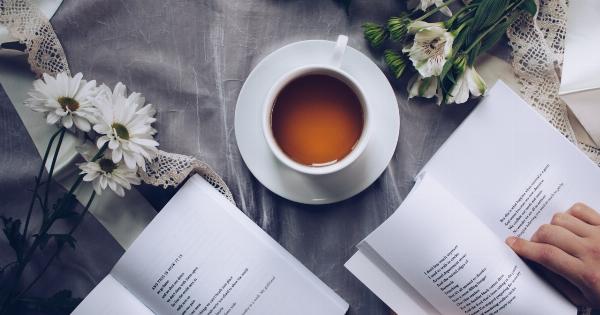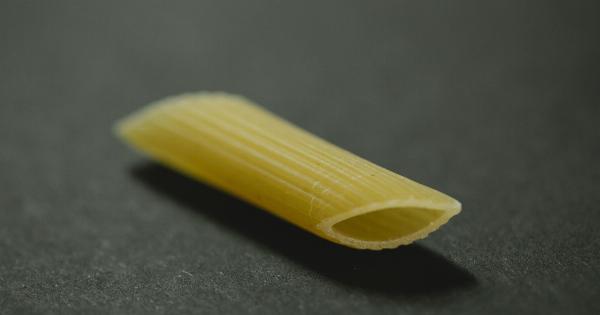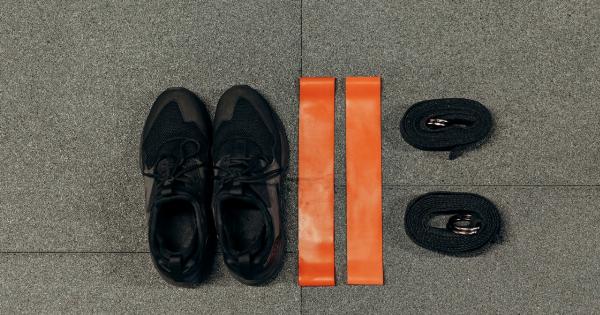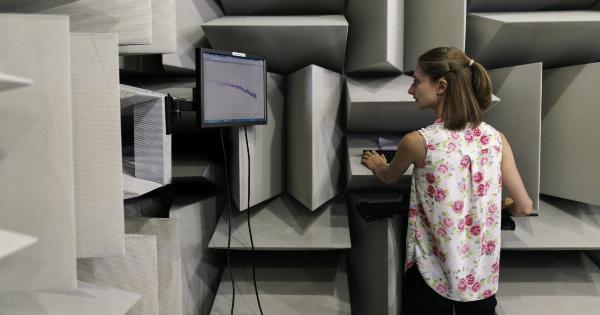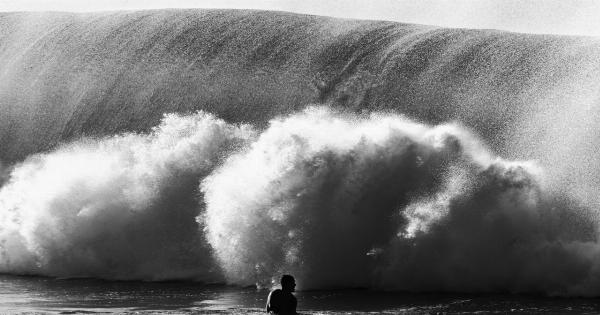Coffee and tea are both popular morning beverages that millions of people consume daily. Each drink has its own unique benefits and drawbacks. Choosing which to consume can be a difficult decision.
In this article, we will examine the differences between coffee and tea and help you decide which one is best for you.
The Benefits of Coffee
Coffee is a well-known drink that is made from roasted coffee beans. It is known for its rich aroma and strong flavor. Coffee contains caffeine, a natural stimulant that can help you stay alert and focused throughout the day.
Caffeine has also been known to increase metabolism and aid in weight loss. Coffee is also high in antioxidants, which help to protect your body against cellular damage.
Coffee has also been linked to a lower risk of developing various health conditions such as type 2 diabetes, Parkinson’s disease, and liver disease.
Although research is ongoing about the benefits and drawbacks of consuming coffee, most research suggests that drinking coffee in moderation can have positive effects on your health.
The Benefits of Tea
Tea is a drink that is made from the leaves of the Camellia sinensis plant. The leaves are harvested, dried, and steeped in hot water to produce a flavorful and aromatic beverage.
Tea is a great alternative for those who are looking for a caffeine boost without the jitters that coffee may cause. Tea also contains L-theanine, an amino acid that can increase alpha-wave activity in the brain, which can promote relaxation and focus.
There are numerous types of tea, and each one offers unique health benefits. For example, green tea is known for its high concentration of antioxidants, which can help protect your body against cellular damage.
Black tea is known for its heart-healthy benefits, while white tea is known for its anti-inflammatory properties.
The Drawbacks of Coffee
Although coffee has many benefits, it also has a few drawbacks. One of the most significant drawbacks of coffee is that it is highly addictive.
Regular coffee drinkers may experience withdrawal symptoms such as headaches and irritability when they try to cut back on their caffeine consumption. Coffee can also cause heartburn and digestive issues in some people, particularly those with sensitive stomachs.
The Drawbacks of Tea
Tea is generally considered to be a healthy beverage, but it also has a few drawbacks. Green tea, in particular, has been known to interfere with the absorption of iron from plant-based foods.
This means that if you are a vegetarian or vegan who consumes a lot of iron-rich foods, you may want to limit your green tea intake. Some teas also contain caffeine, albeit in lower amounts than coffee, so those who are particularly sensitive to caffeine may want to opt for caffeine-free tea options.
Which One Should You Choose?
The choice between coffee and tea ultimately comes down to personal preference.
If you are looking for a morning beverage that will give you a quick caffeine boost and help you stay alert and focused throughout the day, then coffee may be the better choice for you. If you enjoy a more mellow, balanced beverage that won’t give you the jitters, then tea may be a better fit.
It is important to remember that both coffee and tea contain caffeine and can have potential drawbacks. Moderation is key when it comes to consuming either beverage.
A good rule of thumb is to consume no more than 400mg of caffeine per day – this is equivalent to about four cups of coffee or eight cups of tea.
The Final Verdict
Coffee and tea are both great beverages that offer unique benefits. The choice of which one to drink ultimately comes down to personal preference and lifestyle factors.
Whether you choose coffee or tea, be sure to consume them in moderation to reap the most benefits.











